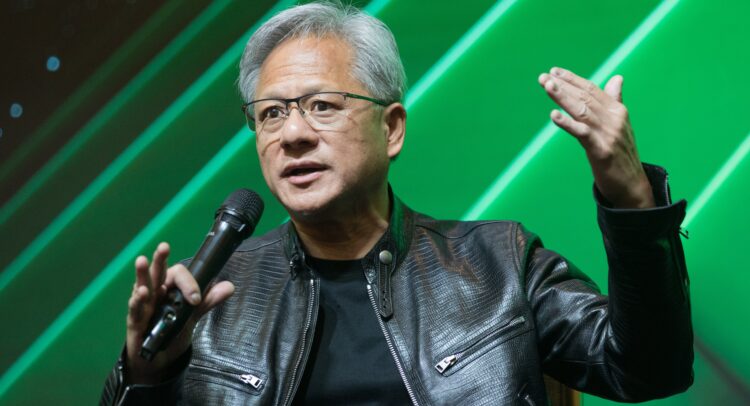In his newly released autobiography, TSMC (TSM) founder Morris Chang reveals that he asked Nvidia (NVDA) CEO Jensen Huang to lead TSMC over a decade ago. However, according to a Reuters report, Huang declined within 10 minutes, saying, “I already have a job.” Chang, who admired Huang’s semiconductor expertise and leadership, approached him again weeks later, but Huang remained committed to building Nvidia into the AI giant it is today.
The book also highlights the long-standing friendship between Chang and Huang, with both praising each other’s contributions to the semiconductor industry. Chang recounts how TSMC supported Nvidia during its early years by sending staff to assist with production in 1998 and how Huang later chose TSMC as Nvidia’s manufacturing partner, who was willing to bet everything on their collaboration.
Chang’s memoir also delves into TSMC’s key milestones, which include partnerships with Apple (AAPL) and Qualcomm (QCOM), as well as Intel’s (INTC) initial refusal to invest in the 1980s. Despite this, Intel later became a major TSMC customer. Interestingly, when talking about Intel’s new push into the foundry market, Chang actually expressed some skepticism due to the firm’s traditional focus on in-house production.
The AI Industry May Be Reaching Current Scaling Limits
While Nvidia went on to become the leader in AI chips today, it, along with the broader AI industry, may soon be facing a new problem – scaling law. This principle focuses on feeding larger datasets into bigger AI models to create smarter systems, but recent advancements, like ChatGPT, suggest that its limits are being reached.
This has led OpenAI’s Ilya Sutskever and Jensen Huang to suggest shifting focus toward innovation that goes beyond larger models, with test time scaling and practical applications becoming more critical. For reference, test time scaling is AI’s ability to “think” when responding.
Is NVDA a Good Stock to Buy?
Analysts remain bullish on NVDA stock, with a Strong Buy consensus rating based on 40 Buys and four Holds assigned in the past three months. After an almost 200% rally in its share price over the past year, the average NVDA price target of $175 implies an upside potential of 26.65% from current levels.

















